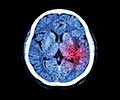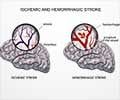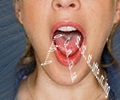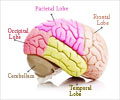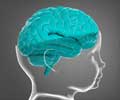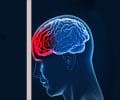Head Injury - Treatment
Treatment Of Minor Head Injuries
- Minor head injuries can be managed with bed rest, intravenous fluids and pain killing medication. Ice packs may be applied over the scalp to numb the pain and decrease the local swelling.
- In case of a small cut over the head, the doctor examines the wound to look for presence of foreign objects. If no hidden injuries or foreign objects are seen, the wound is cleansed. Local anesthetic is given over the affected area and the wound is closed with the help of sutures (stitches) or skin staples. A shot of tetanus is usually given if not given previously.
Treatment Of Severe Head Injury
- Following severe brain injury, nearly 33% of patients recover to an optimal level following treatment. About the same percentage of patients die following the tragic incident. The rest suffer from varying levels of physical and mental disability (33%). Severe head injury is a medical emergency. Hence people with moderate to severe open or closed head injuries are admitted to the hospital for management and further observation.
- If the head injury leads to a significant elevation in intracranial pressure, decompression of the brain may be accomplished through insertion of a probe into the brain.
- Drugs for prevention of seizures may be given following brain injury. After recovery, however such seizures do not occur and usually does not require any treatment.
- In case of a closed head injury, a number of factors such as the location of head injury, the presence of bleeding, the nature and severity of the symptoms, the presence of other injuries are to be considered. Surgery may be needed. Nearly 50% of all head injuries may need a surgery to surgically repair the damage. In case of penetrating brain injuries, surgery may have to be done to remove the foreign object or to arrest bleeding. Following surgery, the patient may have to be strictly monitored in the intensive care unit (ICU). Once the patient recovers, the patient can be transferred to a sub acute medical care unit. Medications may be given to protect the brain and preserve brain function.
- The patient may then be referred to a rehabilitation unit. The rehabilitation therapy should be targeted at restoring the functionality of the individual to the maximum possible extent.

